In the ancient creation myths of the past, God said on the first day that there would be light, and there was light. This is the miraculous moment recorded in the Bible. It is indeed true that for everything, light is the origin, the point of origin, and everything. Everything cannot exist without light, whether it be plants or animals, or human beings. It is hard to imagine how we can survive in a world without light.
Content Table
So for many aquarists, light is also an essential element of an aquarium. Both fish and plants in the water need sufficient light, especially for aquariums with only water plants.
However, different types of water plants determine different light needs, some need high light, and some need low light, and we need to choose the most suitable aquarium light for water plant growth and appearance lighting according to different characteristics. Once you choose the wrong one, it may be a devastating blow to the aquarium plants that you have worked so hard to cultivate. This article will briefly talk about how to choose the most suitable lighting for your aquarium from several aspects.
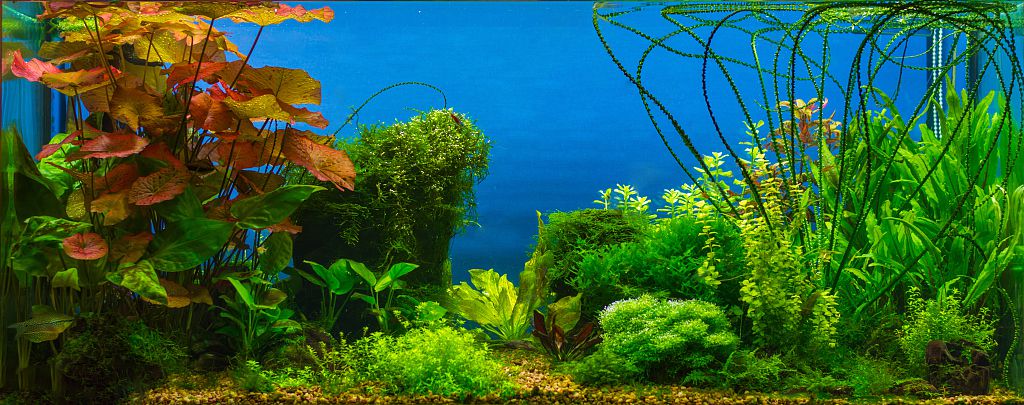
What color light is best for aquarium plants
There are many factors to consider when selecting a lighting system for an aquarium, but perhaps the most important is the amount of flexibility in the spectrum of the light. You can choose between 6700K, red, or green lights, and you should be able to change these settings if you choose to add other aquatic species to the tank. ADA-compliant fixtures use the NAG Green bulb, which is very efficient in making aquascape pop.
While red and blue light is the most effective for some types of aquariums, they are also the least effective for plants. Even though 30 percent of green light is reflected, it is still highly beneficial for aquarium plants, which use it for photosynthesis. However, you should avoid using these lights for freshwater tanks, as they emit high-energy particles that kill algae. The color temperature of red and blue lights will influence the health of your plant’s leaves, and you should only use them for plants in shallow water.
For the best growth of your aquarium plants, choose a light source with a high CRI. Most light sources have a CRI rating of over 90, which means they will make your aquatic plants look vibrant. On the other hand, low CRI lights will result in grayer plant colors. The ideal combination is a combination of white and red light.
The following table shows the CRI of various light sources:
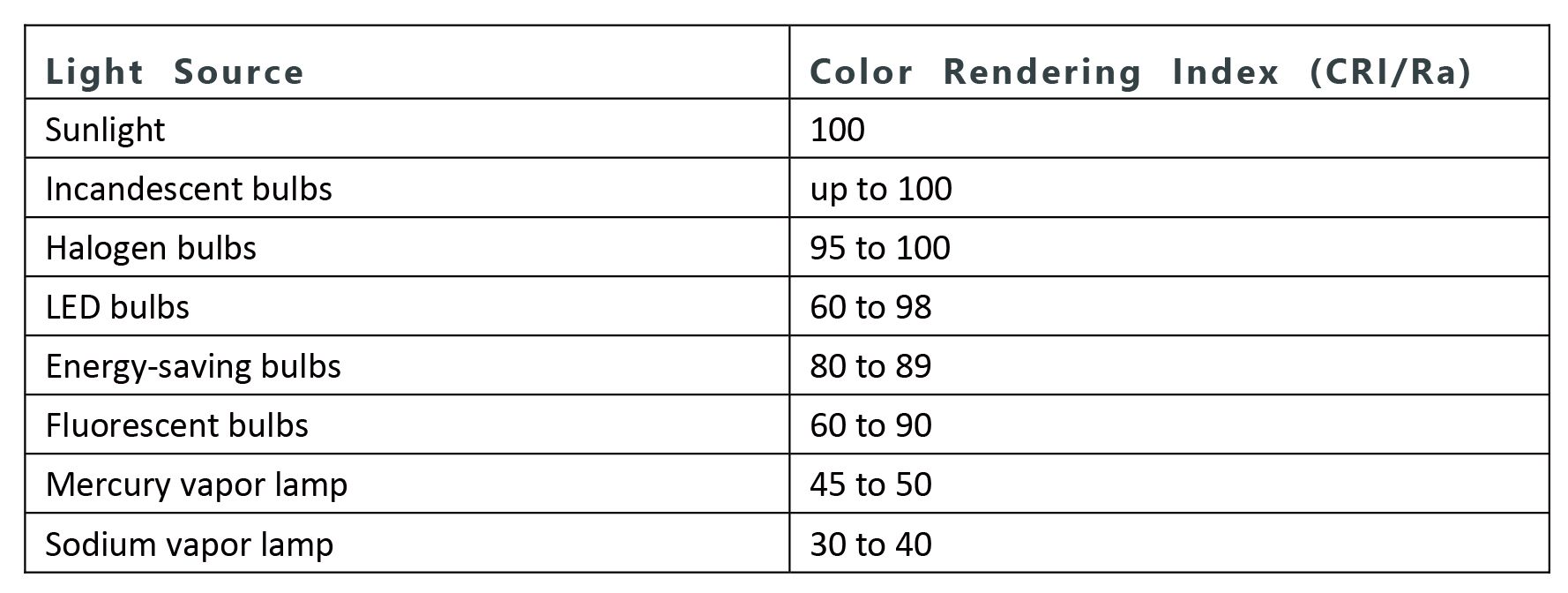
Considering the various benefits of LED lights, it is important to compare them side-by-side. The primary difference between fluorescent lights and LEDs is that LED provides more color spectrum. These diodes represent the entire color wheel, which allows them to produce all shades of white and slight variations in the light produced by natural light. On the other hand, fluorescent lighting uses the red, blue, and green colors of the spectrum and can cause eye irritation and headaches. It also tends to skew colors, so you may find objects to appear differently than they are in real life.
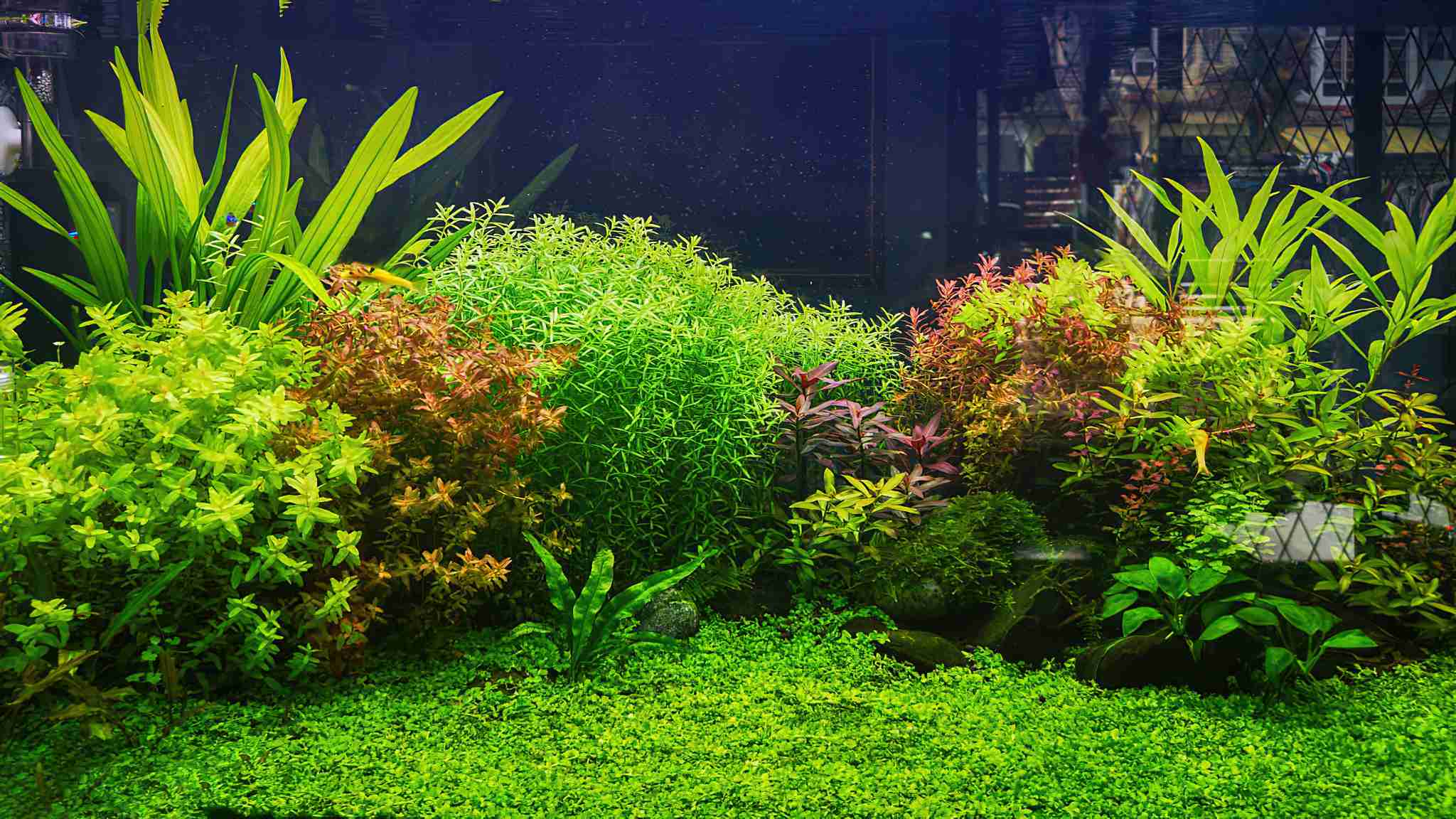
Led vs fluorescent vs natural lighting
When deciding which type of lighting to use for your aquarium, consider the plants that you’re growing. While fluorescent bulbs give off more light, LEDs are cooler and better suited to slow-growing plants and planted tanks. You can also compare LED lights to incandescent lights and choose the one that’s right for your needs. There’s no need to choose just one based on appearance.
While LEDs are more energy-efficient, fluorescents can have poor color rendering. They emit light at 360 degrees, so their color rendering is poor. Compared to LEDs, fluorescents can have a much greater range of color temperatures. However, there are still differences in CRI. While LEDs are more energy-efficient, they have higher initial costs. Because LEDs last a long time, their investment will pay for itself through reduced maintenance and energy costs.
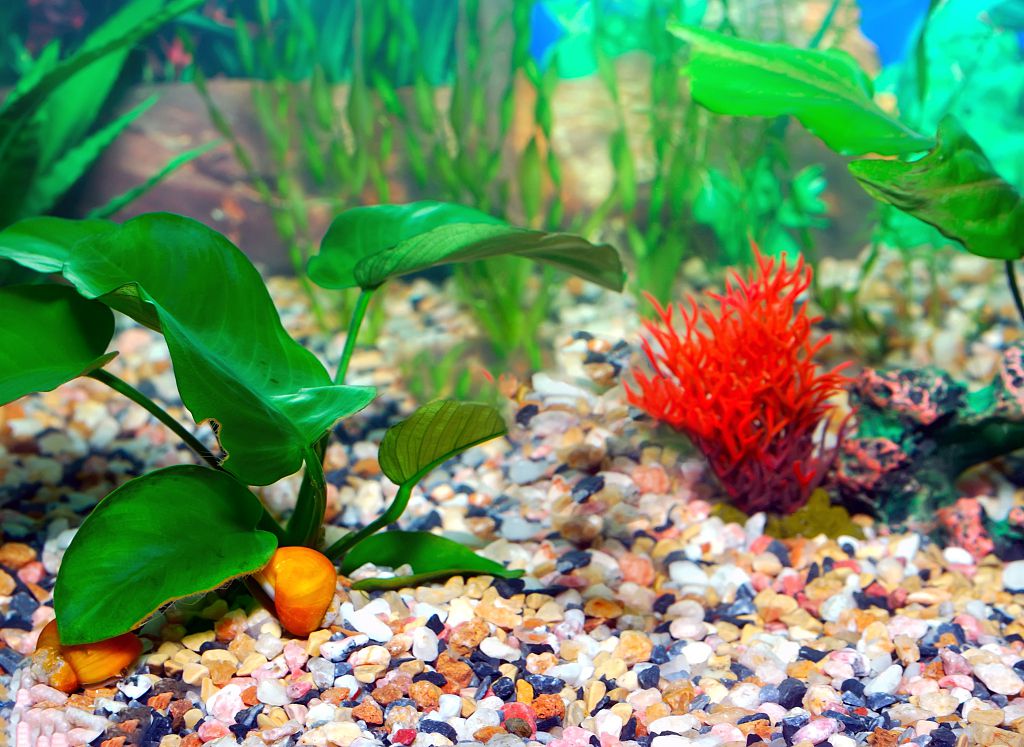
How much light is needed for plants to grow healthy?
Many different factors determine how much light plants require to grow healthy and flourish. The amount of light that a plant receives is dependent on its physiology. The most basic answer to the question of how much light a plant requires is 14 to 16 hours of direct sunlight per day. To be able to maintain the health of a plant, it is also important to provide rest periods. In addition, plants need a period of darkness at night. Using timers is a good idea to make sure that you are not over-lighting your plants.
A plant needs a certain amount of light to grow properly. This amount of light is called PAR, or Photosynthetic Active Radiation. The PAR of light varies, and the higher the PAR, the better the plant will grow. The best way to meet a plant’s requirements for light is to place it in different locations to get the maximum amount of light.
The best way to figure out how much light a plant needs is to run a shadow test. Hold a piece of paper against a light source at midday. If it casts a sharp shadow, the light source is too bright for the plant. If the shadow is softer, the light is too low. Some plants do well with low light, while others are struggling to survive.
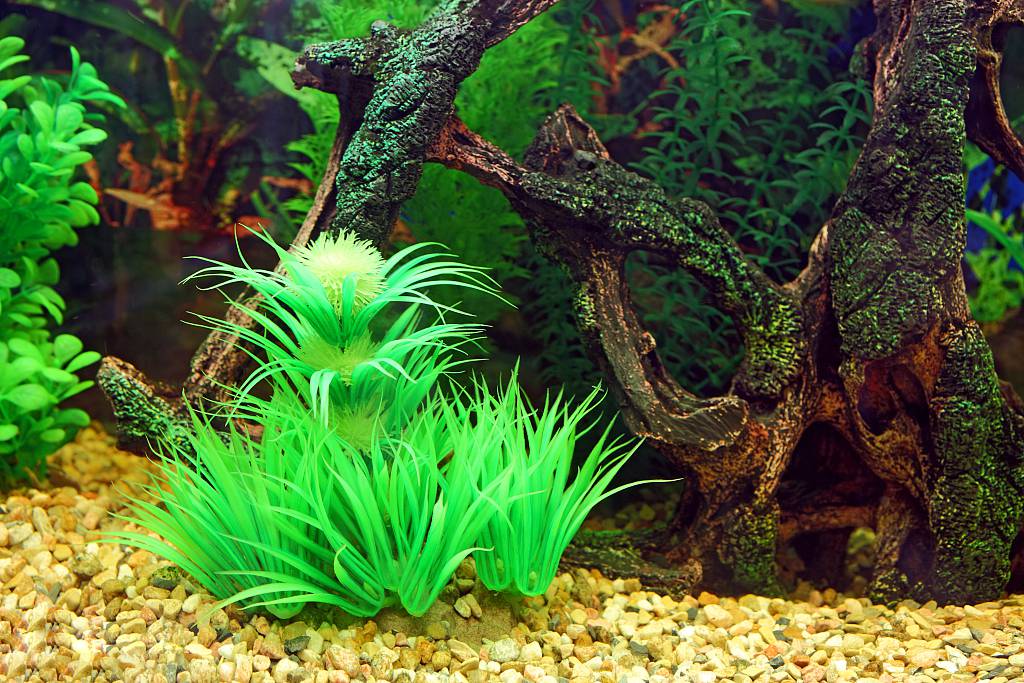
What features professional planted aquarium lights should have
For those of you who aren’t quite ready to buy a full spectrum LED lighting system for your aquarium, the professional planted lights have you covered. Planted LED lights should come with extra-strong power supply units that produce the precise amount of light your plants and corals need. Not only that, but the system is fully customizable, so you can set the intensity and color of light to match aquarium needs. The lights also work as UV and IR lights.
Planted aquarium light is also one of the most popular options available for lighting marine tanks. Its built-in timer and gradual 24-hour light cycle settings provide optimal conditions. Some also come with a custom-built timer and mounting brackets for easy setup. Compared to other aquarium lighting systems, planted aquarium light is quite affordable, so it is an excellent choice for most users.
The planted lighting system is one of the best-LED lights available. With an adjustable timer and three color modes, this light is perfect for most aquariums. The light has four mounting clips and is compatible with most tanks, a full spectrum light is special for plant growth and can be installed on any size tank. There are different options available for different sizes of tanks, so you can choose the one that works for you.
Keep the right lighting for planted aquarium
To create a better environment for your planted tank, you should choose the most suitable light. As we all know, for a planted tank, there are too many selections in the market. If you want to grow and maintain healthy plants, it’s crucial to keep everything within limits. It’s important to turn on the light in your planted tank, but too much light will affect the health of your fish. In addition to causing hair algae, too much light can also make your plant tissue weak and mask the color.
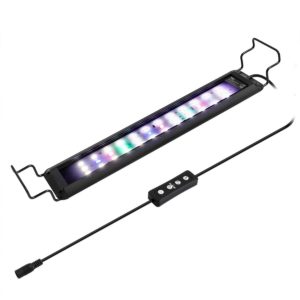
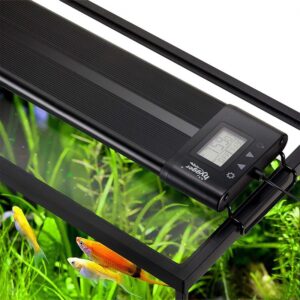
Leave a comment